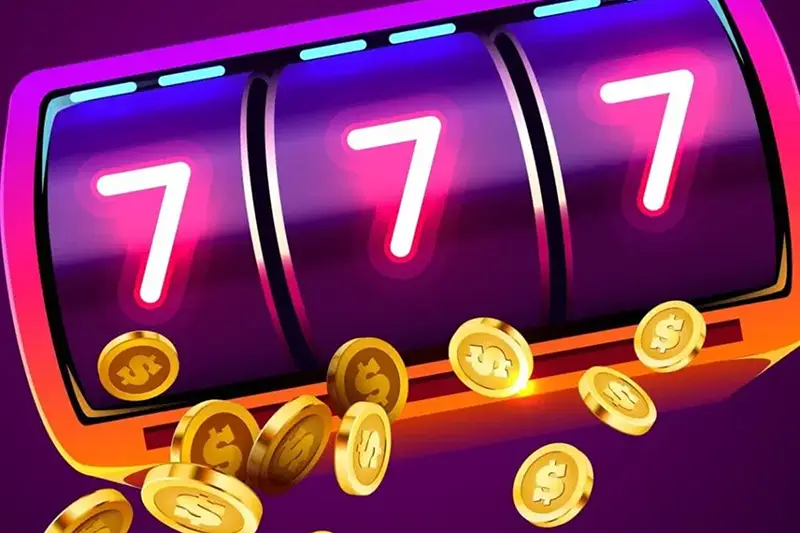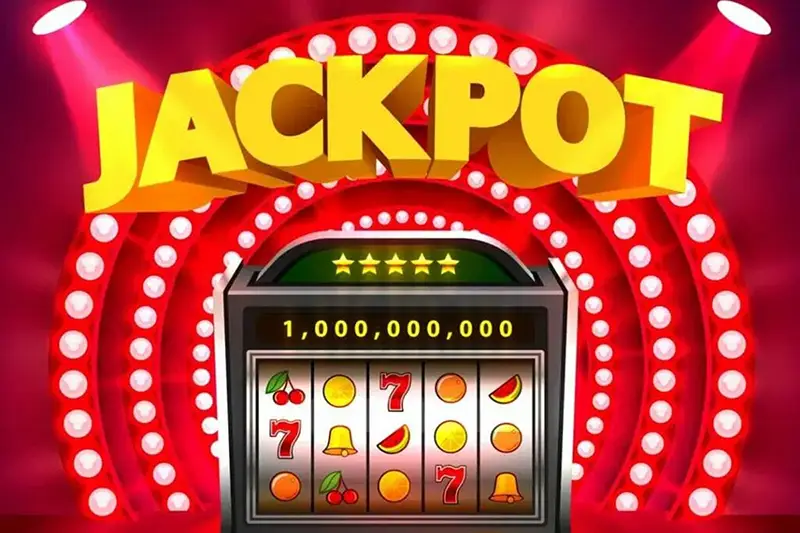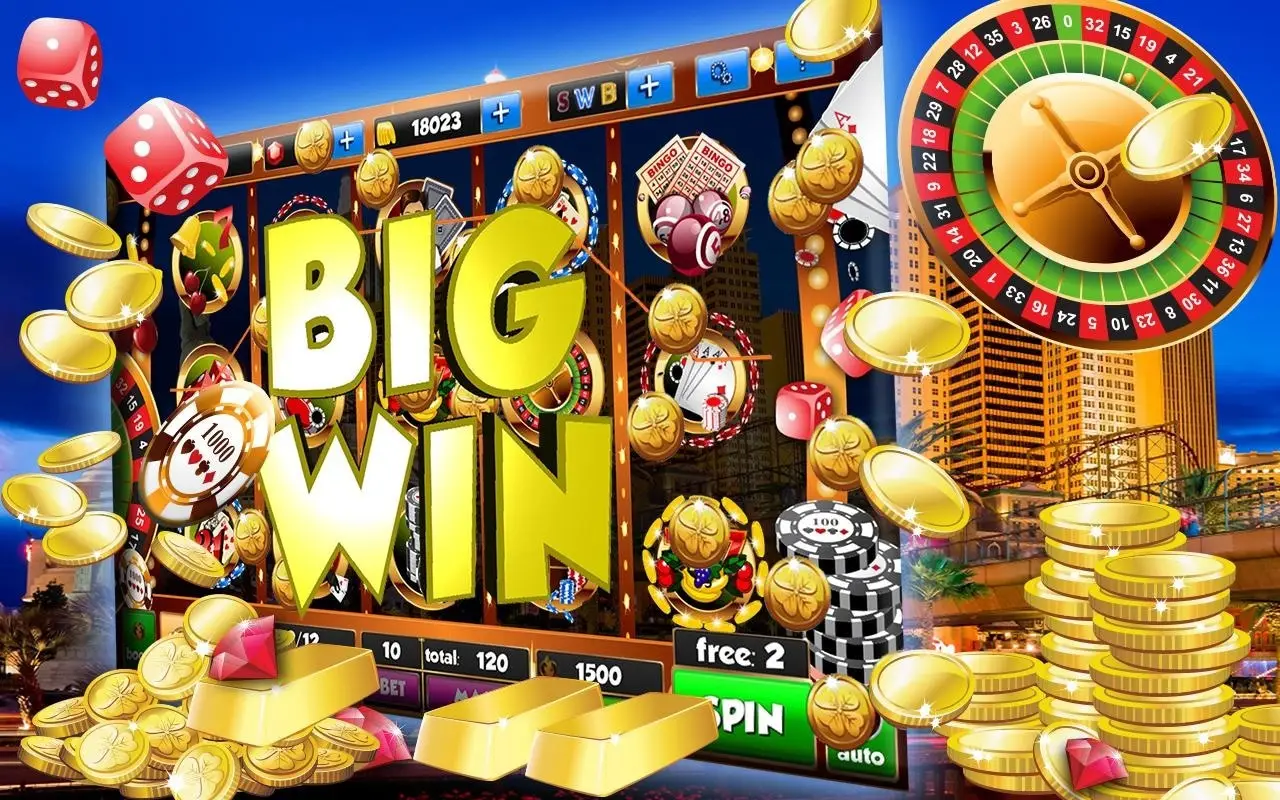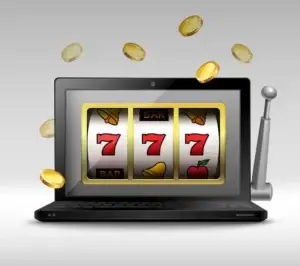Blockchain in online casinos is no longer an experimental platform for crypto enthusiasts — it has become the foundation of a new level of trust and control. Modern platforms are moving from blind faith to verifiable mathematics, where every action is recorded in a chain of blocks, and the bets themselves gain digital authenticity. The technology shifts the focus: from the operator to the algorithm, from intermediaries to the user, from doubts — to complete transparency.
How Blockchain Works in Online Casinos
The mechanics are simple: every result is recorded in the blockchain, excluding any manipulation by the operator. Smart contracts automatically execute win conditions without the involvement of intermediaries. A player places a bet, a block creates a record, the system calculates the result — the chain is closed.
Results without falsifications:
- Blockchain-based slot machines eliminate tampering.
- Provably Fair algorithms confirm the fairness of each bet.
- Participants can independently verify the transaction process through a block explorer.
Decentralization enhances control over platforms: the server does not control the outcome — the algorithm and network do it automatically.
Cryptocurrency and Instant Transactions
Blockchain in online casinos eliminates the need for banking gateways. Bitcoin, Ethereum, and other coins provide access to anonymous, fast, and non-reversible operations.
On average, transactions in blockchain casinos are processed within 2–10 minutes, depending on the network. Fees are within 0.0002 BTC (≈$1.50 at the current rate). No traditional gateway offers such speed at such a cost.
Anonymity
Protocols do not require personal verification. Crypto casinos operate on the principle: wallet = player. No passports, no scans, no calls. Only a digital signature. It’s not about avoiding responsibility — it’s about an alternative identification model where security is ensured not by data collection but by the architecture of the system itself.
Innovations in Gaming Experience: NFT in iGaming
NFTs in iGaming introduce a new asset ownership mechanic. Game artifacts, bonuses, even characters — everything can be tokenized. Collectible cards with unique abilities or slot machines transferable between accounts become digital assets with market value.
In 2024, the ICE Poker platform earned $15 million from selling NFT avatars, granting access to VIP tables and increased stakes.
Regulation of Blockchain Casinos
Blockchain in online casinos faces uncertainty. Many jurisdictions have not yet defined the status of cryptocurrencies and smart contracts. Regulation of blockchain casinos remains a subject of disputes.
Malta, Curacao, and Antigua have issued over 200 licenses to blockchain projects. However, legislative frameworks vary significantly: from full legalization to complete prohibition. This hinders development but also stimulates the emergence of new legal forms.
Blockchain in Online Casinos: Advantages
The system eliminates the main problems of traditional gambling: dependence on centralized servers, the risk of operator interference, loss of control over funds. The technology enhances trust, reduces costs, and simplifies auditing.
Arguments in favor of the transition:
- Decentralization provides protection against hacks.
- Transaction security is independent of third parties.
- The technology reduces the burden on support and legal services.
The resilience of blockchain architecture eliminates the possibility of transaction rollback or substitution at any processing stage. Process automation eliminates the human factor, minimizing errors and increasing calculation accuracy.
Perspectives of Blockchain in Gambling
According to Statista, the blockchain casino market volume exceeded $9.2 billion in 2023. The forecast for 2026 is $25 billion with an average annual growth of 34%. Reasons include reduced fees, increased trust, and simplified entry through cryptocurrencies.
The future of blockchain casinos is linked to tokenization, transitioning to DAO models, and creating gaming metaverses. In these, users become not just players but co-owners.
Digital Economy and Blockchain in Online Casinos
Blockchain integrates into the digital economy as a systemic element, not a temporary addition. The technology creates conditions where cryptocurrency becomes not only a payment instrument but also a trust marker.
Bitcoin and Ethereum allow avoiding delays, conversions, and banking restrictions — precisely what is needed for global gambling. The share of crypto settlements in the betting sector has exceeded 30% over the past two years, and major platforms have included cryptocurrency in standard withdrawal options. This is not a fad — it’s the infrastructure of a new generation.
Smart Contracts and Bets
Technology in online casinos automates key processes, including bet registration, winnings distribution, and rule control. Smart contracts eliminate the possibility of human error or manipulation, capturing the algorithm even before the game starts.
The result is transparent logic of accrual and instant execution of conditions. When the specified conditions are met, winnings are credited instantly, regardless of the amount or type of game. This significantly reduces conflict situations and increases trust in the platform.
Main Differences of Blockchain Casinos from Traditional Ones
Blockchain sets new industry standards, based on principles of openness, control, and autonomy. The technology changes the interaction structure between the platform and the user, eliminating intermediaries and enhancing control over processes.
- Transactions — cryptocurrency, speed up to 10 minutes, fees <$1.5.
- Regulation — flexible, partially unregulated, requires adaptation.
- Security — blockchain prevents data tampering.
- Transparency — every bet and win are recorded in the network.
- Anonymity — access without verification.
- Gaming Experience — NFTs, smart contracts, unique mechanics.
Transitioning to a decentralized model eliminates systemic risks inherent in traditional platforms. The innovative approach paves the way for the formation of ecosystems where trust is ensured by the algorithm, not promises.
Blockchain in Online Casinos: Conclusions
Blockchain in online casinos transforms an industry where outdated schemes and trust in words have long prevailed. Now, winnings are ensured not by administrators but by lines of code. Regulation of crypto casinos is gradually catching up with reality, but already the technology is changing the concept of trust, bets, and transparency.










 The main feature of the demo mode in slots is that it provides players with a safe opportunity to test slots, analyse their mechanics and develop strategies without financial investment. The tool allows you to study the market, find out which machines are better suited for a certain style of play, and avoid rash spending. But it is important to keep in mind the possible marketing tricks of casinos, which can affect the perception of the demo game. If you approach testing wisely, use free slot machines for analysis rather than entertainment, you can significantly increase the chances of a successful game in real mode.
The main feature of the demo mode in slots is that it provides players with a safe opportunity to test slots, analyse their mechanics and develop strategies without financial investment. The tool allows you to study the market, find out which machines are better suited for a certain style of play, and avoid rash spending. But it is important to keep in mind the possible marketing tricks of casinos, which can affect the perception of the demo game. If you approach testing wisely, use free slot machines for analysis rather than entertainment, you can significantly increase the chances of a successful game in real mode.
 Understanding the main features of the machines will help you make an informed choice that suits your gaming goals. There are different options, each of which is suitable for a specific type of participant. What should you pay attention to?
Understanding the main features of the machines will help you make an informed choice that suits your gaming goals. There are different options, each of which is suitable for a specific type of participant. What should you pay attention to? There are many types of slots on the online casino market, and each offers a unique experience. Classic slots will appeal to those who appreciate simplicity and stability, while video slots and new 2024 titles will appeal to players looking for a new experience and a more complex gameplay. Find your perfect match and immerse yourself in the world of gambling by trying your hand on the platform today.
There are many types of slots on the online casino market, and each offers a unique experience. Classic slots will appeal to those who appreciate simplicity and stability, while video slots and new 2024 titles will appeal to players looking for a new experience and a more complex gameplay. Find your perfect match and immerse yourself in the world of gambling by trying your hand on the platform today.